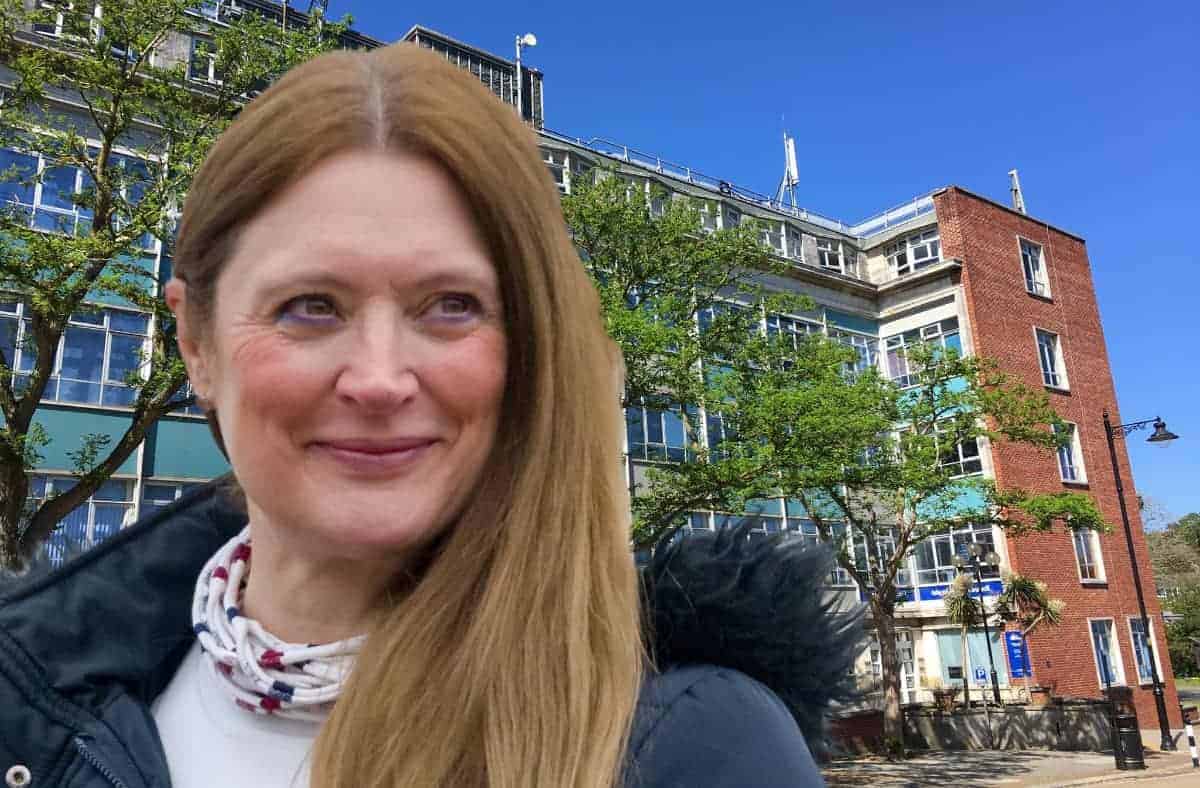Over a million pounds in cost of living support could be approved by the Isle of Wight Council next week to support Islanders in need.
Debbie Andre, cabinet member for adult social care and public health, will decide whether to go ahead with a proposed Isle of Wight Household Support Fund (HSF) package worth £1,131,576,08.
The funding includes a £25,000 Top-up Food Voucher Scheme, £250,000 worth of one-off food vouchers for up to 10,000 households receiving Local Council Tax Support and a £150,000 grant for utility support, energy efficient white goods and crisis food support.
A £150,000 tranche is allocated for community pantries and £300,000 for community grants, with the latter including provision for care homes to host a community lunch.
Addressing Island poverty
Councillor Andre and Laura Gaudion, director of adult social care and housing needs, said,
“Approval of the initiatives described in this report will enable vulnerable Island residents and community groups to be supported with the rising cost of living, financial pressures and to build both individual and community resilience for local people.
“The project links to both the Economic Recovery aspect of the Corporate Plan 2021-2025, and the Island’s Poverty Reduction Strategy, addressing poverty and working towards reducing the number of residents who are living in poverty.”
DWP initiative
The HSF is a Department for Work and Pensions’ initiative which was further extended at the beginning of last month.
Delivered through county and unitary local authorities, £421 million is being targeted towards people struggling to afford basic essentials such as energy, water and food.
In some instances, the support will be available to people facing housing emergencies.
Reducing energy use
Councillor Andre and Ms Gaudion’s report also refers to a climate change and environment component,
“The Household Support Fund has a target to help low-income households manage energy costs through use of measures such as insulation, efficient LED lighting, draught proofing and provision of small energy-efficient kitchen appliances such as air fryers and slow cookers.
“Reducing energy use via these measures will also help to decrease carbon emissions from households.
“Through our work with established community pantries and coordinating their activities through the Island Food Partnership Network we will help to explore opportunities to reduce the Island’s food waste, working with Island supermarkets and food providers to promote the re-distribution of unused edible food.”
This article is from the BBC’s LDRS (Local Democracy Reporter Service) scheme, which News OnTheWight is taking part in. Some alterations and additions may have been made by OnTheWight. Ed




